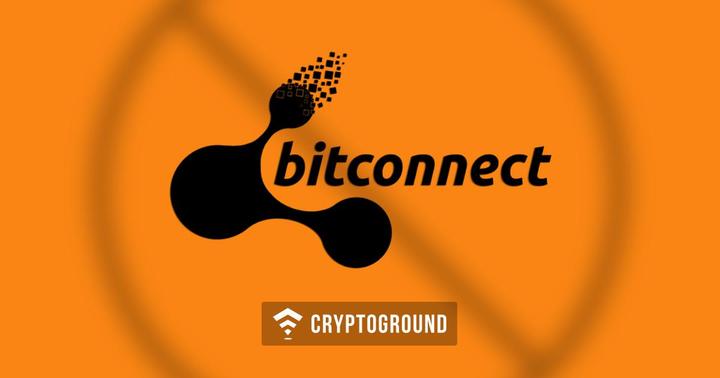A group of six former Bitconnect investors are suing the company after collectively losing more than $770,000 on the now defunct exchange and lending platform.
After several months of negative media coverage and keen scrutiny from the authorities, Bitconnect, a cryptocurrency lending and exchange site, elected to shut down operations on January 17. According to a statement posted on the platform’s website, they blamed this eventuality on two cease and desist letters, several DDoS attacks and “continued bad press.”
The Chain Reaction
Only moments after this release, the Bitconnect token (BCC) price plummeted by a whopping 90%. This was in spite of an announcement that the platform would still offer wallet services as well as news and educational content.
In this regard, the lawsuit highlights that even though the company promised that it would still support its token value, the promise has proved to be groundless since the sudden drop in value has wiped out most of its holdings.
Ever since its inception, there have been many allegations that the network had traits akin to those of a Ponzi scheme. One of the most suspicious claims made by the company was that it guaranteed a return of 40% on a monthly basis by trading the funds invested in the crypto market.
Crypto Wonderland?
This offer seemed to some as too good to be true and the level of affiliate marketing that the company carried out added validity to their argument. According to the plaintiffs, instead of trading on the market and generating genuine revenue for its investors, the company used newly invested funds to meet their promise to existing ones.
The class action suit filed by a US law firm, Silver Miller, compares the business to “wonderland” alluding to a Broadway show that was based on the Alice stories by Lewis Carrol.
It interestingly includes some of the affiliates as well as promotional channels that were associated with Bitconnect. Some of the big names listed include Glenn Arcaro, an affiliate marketer who also happens to be a director of the company, Trevon Brown, Craig Grant, Ryan Hildreth and others who are unnamed.
Surprisingly, when Bitconnect received the first cease and desist letter, some of the affiliates wiped out all of the promotional content on their YouTube channels. But the suspicion surrounding the project had led some to archive the footage beforehand.
The plaintiffs who have lost amounts ranging from $11,500 to $200,000 explain that they are “seeking compensatory and equitable relief rescinding their investments in BitConnect and restoring them the assets and funds they were fraudulently induced into investing.”
This might just signal the beginning of a series of similar suits as the loss amounting to $770,000 is a minute fraction of the coin’s market capitalization of more than $2.5 billion at the time of closure.
In the meantime, the company is still pushing an equally suspicious ICO for BitConnectX, focusing its attention on Asia and Indonesia to try and get financial backing. Unfortunately, the company is still getting new funding from naive investors.
























